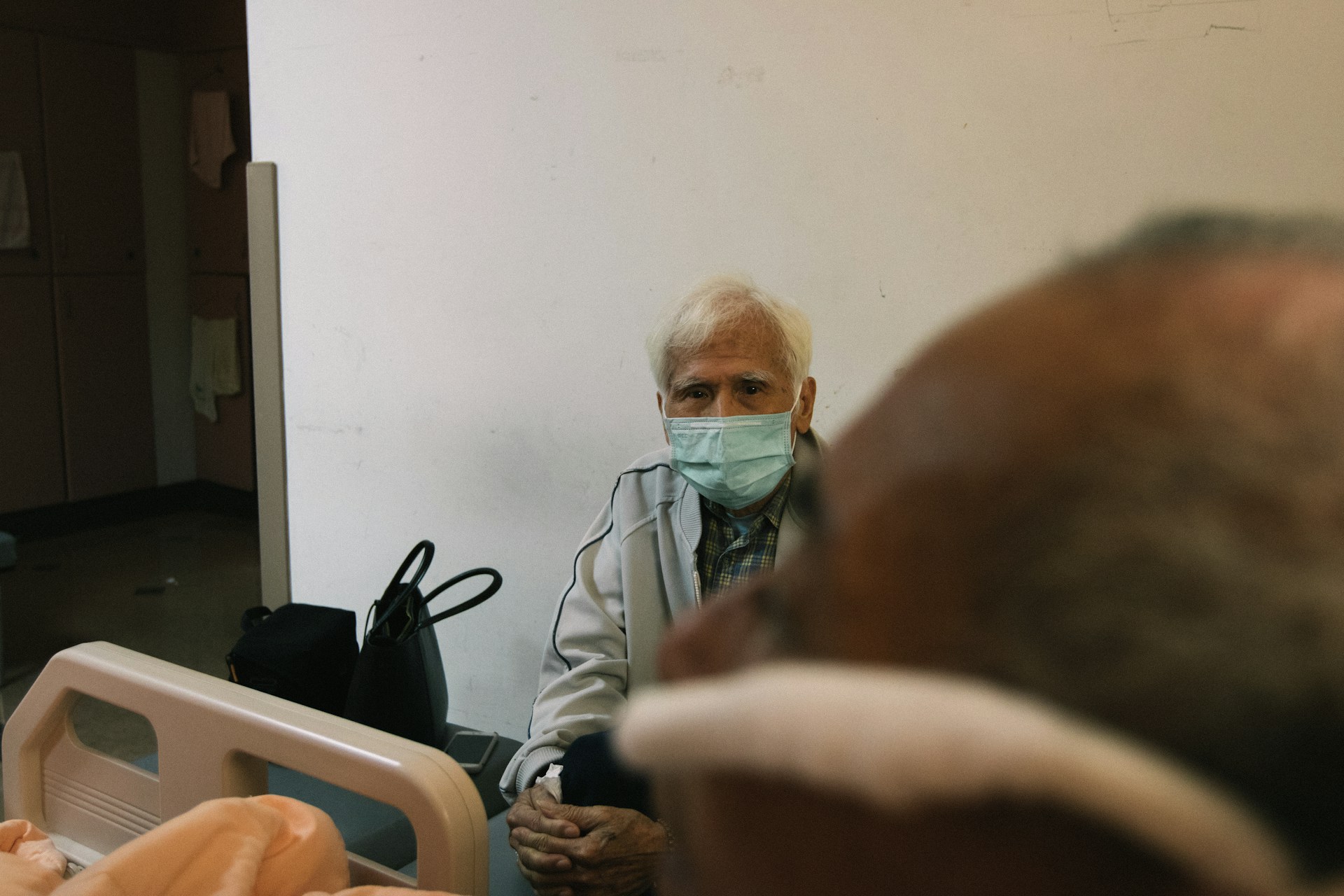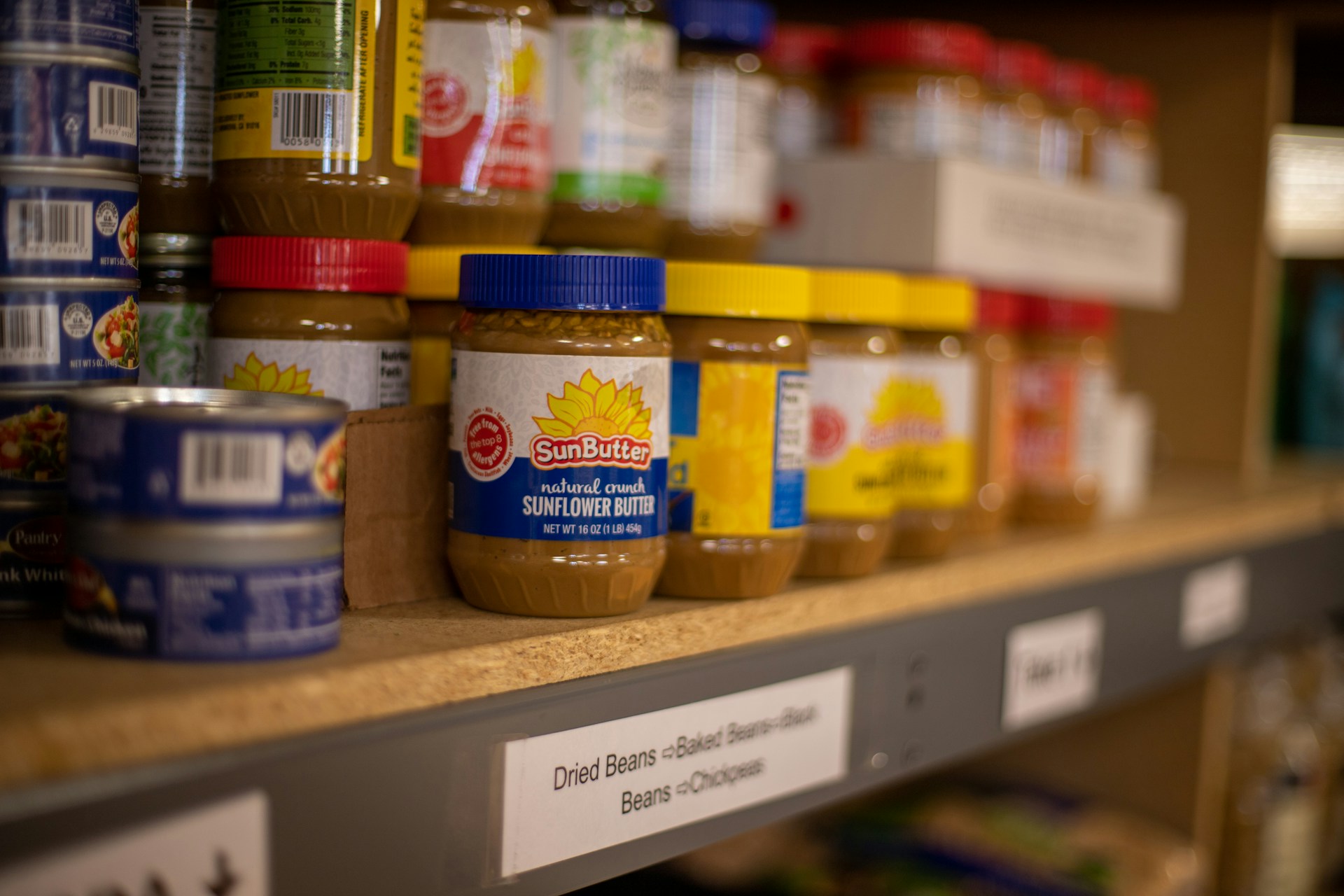The Association of Education with Interest Level in Gene-Based Nutrition Services among Indonesians
Hubungan Tingkat Pendidikan dengan Tingkat Ketertarikan Masyarakat terhadap Pelayanan Gizi berbasis Gen di Indonesia

Downloads
Background: Non-communicable diseases (NCDs) constitute significant causes of global mortality, with their prevalence continually rising each year. The development of nutrigenetic science and gene-based nutrition services plays a vital role in mitigating NCDs, despite the lack of awareness among many individuals.
Objectives: This study aims to investigate the relationship between education levels and the level of interest in gene-based nutrition services among Indonesians.
Methods: A cross-sectional study design was conducted online using the Qualtrics Survey during May and June 2023 in DKI Jakarta, West Java, Central Java, East Java, and DI Yogyakarta. The cluster sampling technique was employed. Structured questionnaires were designed, covering sociodemographic information and interest levels, and were validated and tested for reliability. Data analysis involved chi-square testing.
Results: Indonesians exhibited a substantial interest in gene-based nutrition services (92.3%). Most participants (89.7%) expressed willingness to recommend nutrigenetic testing to their families. Additionally, 97.5% of participants agreed that gene-based nutrition services offer numerous benefits (97.5%), and a significant proportion was open to paying more for such services (62.4%). A large percentage of Indonesians demonstrated interest in undergoing nutrigenetic testing to ascertain disease susceptibility (95.9%). However, no significant association was observed between education levels and the interest in gene-based nutrition services in Indonesia (p=0.134, OR: 0.551, CI=95% (0.27-1.11)).
Conclusions: The study findings suggest that the educational background of Indonesians does not significantly impact their interest in gene-based nutrition services. However, a majority of Indonesians display interest and recognize the potential benefits of gene-based nutrition services, particularly in the context of preventing NCDs.
Kemenkes RI. Rencana Aksi Nasional Pencegahan Dan Pengendalian Penyakit Tidak Menular. Kementrian Kesehatan RI 1 Preprint at (2017).
Kemenkes RI. Riset Kesehatan Dasar 2018. (2018).
Aji, A. S., Yusrawati, Y., Malik, S. G. & Lipoeto, N. I. The Association between Vitamin D-Related Gene Polymorphisms and Serum 25-Hydroxyvitamin D Concentration: A Prospective Cohort Study in Pregnant Minangkabau Women, Indonesia. J Nutr Sci Vitaminol (Tokyo) 66, S295–S303 (2020).
Aji, A. Personalized functional foods: Masa Depan Penerapan Personalized Nutrition Advice. (2020).
Aji, A. S. et al. Impact of maternal dietary carbohydrate intake and vitamin D-related genetic risk score on birth length: the Vitamin D Pregnant Mother (VDPM) cohort study. BMC Pregnancy and Childbirth 22, 690 (2022).
Muhammad, H. F. L. Nutrigenetik Rekomendasi Kebutuhan Energi dan Zat Gizi Makro Berbasis Genetik untuk Layanan Personalized Nutrition. (Gadjah Mada University Press, 2022).
Surendran, S. et al. A nutrigenetic approach for investigating the relationship between vitamin B12 status and metabolic traits in Indonesian women. Journal of Diabetes and Metabolic Disorders 18, 389–399 (2019).
Aji, A. S. et al. A genetic approach to study the relationship between maternal Vitamin D status and newborn anthropometry measurements: the Vitamin D pregnant mother (VDPM) cohort study. Journal of Diabetes and Metabolic Disorders 19, 91–103 (2020).
Muhammad, H. F. L., Sulistyoningrum, D. C., Kusuma, R. J., Dewi, A. L. & Karina, I. Nutrigenomik dan Nutrigenetik Bagi Mahasiswa Gizi. (Gadjah Mada University Press, 2021).
Alathari, B. E., Sabta, A. A., Kalpana, C. A. & Vimaleswaran, K. S. Vitamin D pathway-related gene polymorphisms and their association with metabolic diseases: A literature review. Journal of Diabetes and Metabolic Disorders 19, 1701–1729 (2020).
Alathari, B. E. et al. Interaction between vitamin d-related genetic risk score and carbohydrate intake on body fat composition: A study in southeast asian Minangkabau women. Nutrients 13, 1–13 (2021).
Alsulami, S. et al. Interaction between the genetic risk score and dietary protein intake on cardiometabolic traits in Southeast Asian. Genes and Nutrition 15, (2020).
Vallée Marcotte, B. et al. Current knowledge and interest of French Canadians regarding nutrigenetics. Genes and Nutrition 14, 1–8 (2019).
Mustapa, M. A. C., Amin, L. & Frewer, L. J. Predictors of stakeholders' intention to adopt nutrigenomics. Genes and Nutrition 15, (2020).
Wulandari, F. A. Gambaran Pengetahuan Masyarakat Terhadap Pelayanan Gizi Berbasis Gen Dalam Pencegahan Penyakit Tidak Menular Di Indonesia. (Universitas Alma Ata, 2023).
Balasopoulou, A. et al. Advancing Global Precision Medicine: An Overview of Genomic Testing and Counseling Services in Malaysia. OMICS 21, 733–740 (2017).
Yilmaz, Åž., Yilmaz, S., Uçar, A. & Çeli̇k, M. Genetics and Nutrigenetics: Involvement, Confidence and Knowledge of Turkish Dietitians. International Journal of Caring Sciences 14, (2021).
Vallée Marcotte, B. et al. Nutrigenetic Testing for Personalized Nutrition: An Evaluation of Public Perceptions, Attitudes, and Concerns in a Population of French Canadians. Lifestyle Genomics 11, 155–162 (2019).
Aruoma, O. I. et al. Personalized Nutrition: Translating the Science of NutriGenomics Into Practice: Proceedings From the 2018 American College of Nutrition Meeting. Journal of the American College of Nutrition 38, 287–301 (2019).
Szakály, Z. et al. Consumer acceptance of genetic-based personalized nutrition in Hungary. Genes Nutr 16, 3 (2021).
Horne, J., Gilliland, J., Madill, J. & Shelley, J. A critical examination of legal and ethical considerations for nutrigenetic testing with recommendations for improving regulation in Canada: from science to consumer. J Law Biosci 7, lsaa003 (2020).
Floris, M. et al. Direct-to-Consumer Nutrigenetics Testing: An Overview. Nutrients 12, 566 (2020).
Haga, S. B. et al. Public knowledge of and attitudes toward genetics and genetic testing. Genetic Testing and Molecular Biomarkers 17, 327–335 (2013).
Damilola, D. Knowledge and Perception of Undergraduate Students towards Nutrigenomics for Personalized Nutrition in Federal University of Agriculture, Abeokuta, Ogun State. 7, 545–598 (2022).
Siregar, P. A. & Susilawati. Hubungan faktor usia dengan kejadian PTM di wilayah Puskesmas Desa Aek Goti. Jurnal Ilmiah Kesehatan 2, 11–14 (2023).
Dusic, E. J. et al. Socioeconomic Status and Interest in Genetic Testing in a US-Based Sample. Healthcare (Switzerland) 10, 1–13 (2022).
Akbar, Royani, dan T. Status Sosial Ekonomi Terhadap Minat Melanjutkan Pendidikan Anak Usia 11 – 21 Tahun. Journal of Lifelong Learning 5, 28–36 (2022).
Copyright (c) 2024 Amerta Nutrition

This work is licensed under a Creative Commons Attribution-ShareAlike 4.0 International License.
AMERTA NUTR by Unair is licensed under a Creative Commons Attribution-ShareAlike 4.0 International License.
1. The journal allows the author to hold the copyright of the article without restrictions.
2. The journal allows the author(s) to retain publishing rights without restrictions
3. The legal formal aspect of journal publication accessibility refers to Creative Commons Attribution Share-Alike (CC BY-SA).
4. The Creative Commons Attribution Share-Alike (CC BY-SA) license allows re-distribution and re-use of a licensed work on the conditions that the creator is appropriately credited and that any derivative work is made available under "the same, similar or a compatible license”. Other than the conditions mentioned above, the editorial board is not responsible for copyright violation.












































